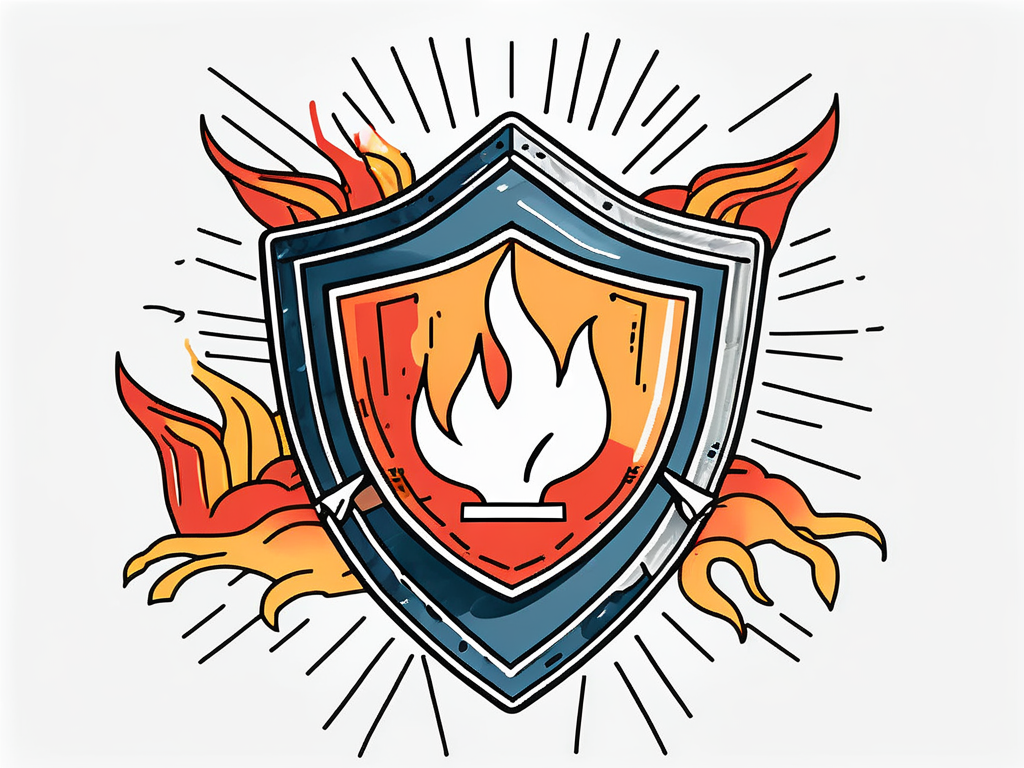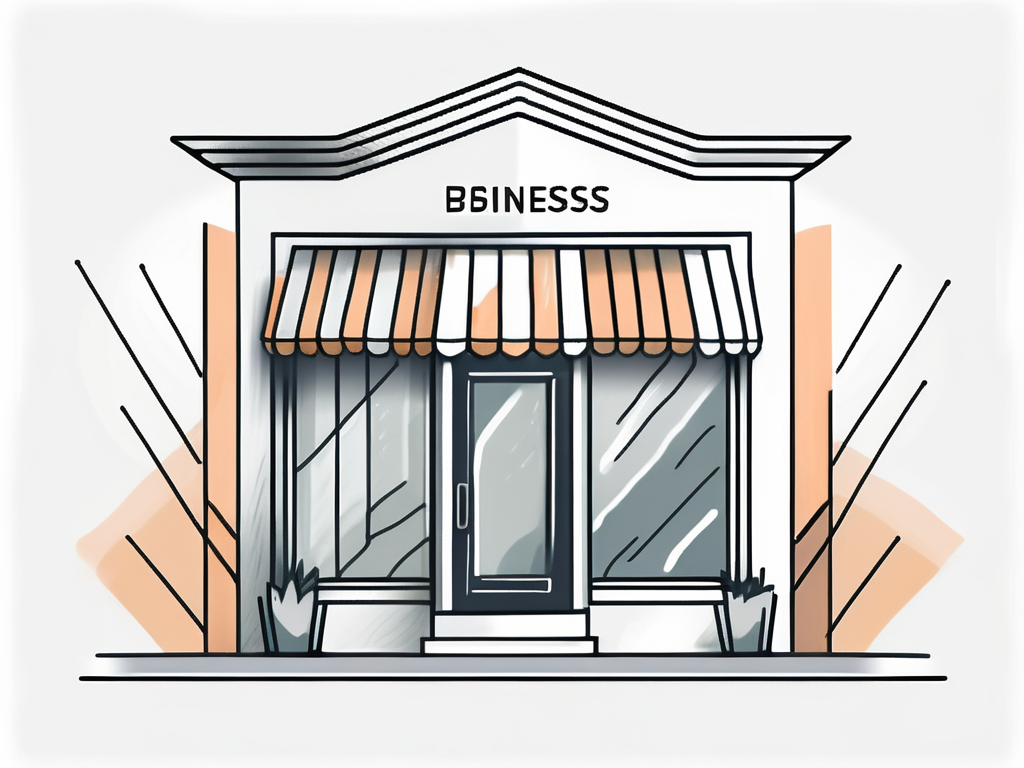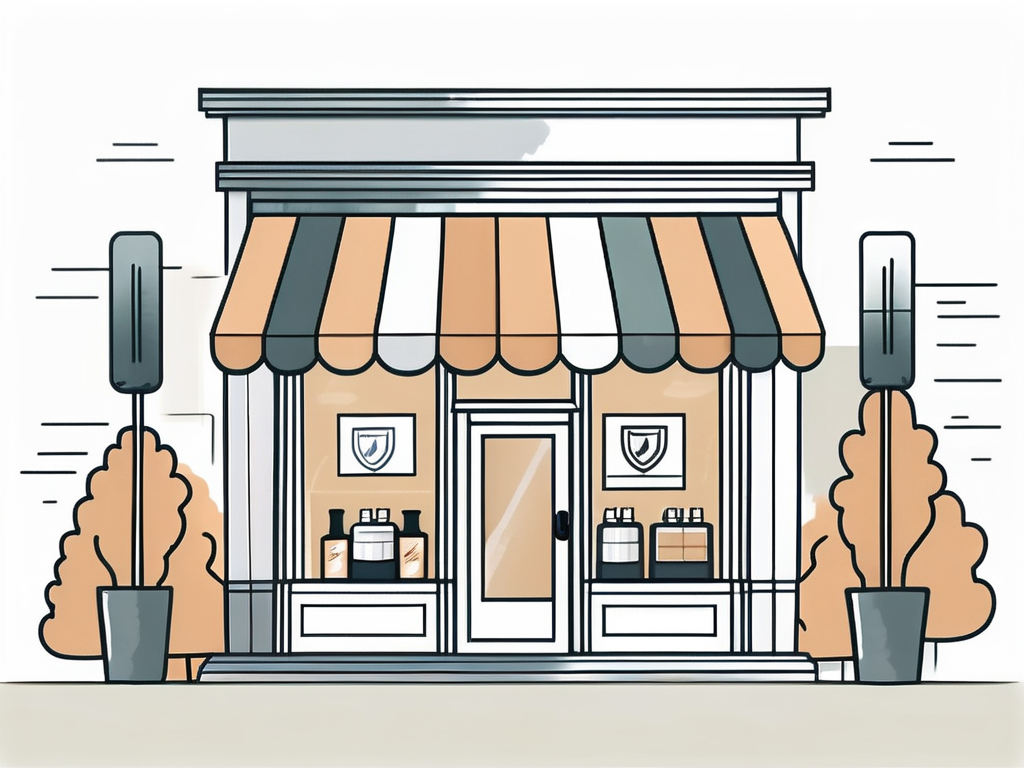General liability insurance is a crucial type of coverage that provides financial protection to businesses and self-employed professionals. This insurance safeguards them against a wide range of risks, including bodily injury, property damage, and personal and advertising injury. Understanding the key features and components of general liability insurance is essential for businesses and individuals alike.
Understanding General Liability Insurance
General liability insurance is a comprehensive insurance policy that offers protection against third-party claims for bodily injury or property damage arising from business operations, products, or services. It is designed to cover the costs associated with legal defense, settlements, and judgments.

When it comes to general liability insurance, it’s important to understand that it serves as a safety net for businesses of all sizes. Whether you run a small local shop or a large corporation, having this type of insurance can provide peace of mind and financial protection in case of unexpected incidents.
Definition and Importance
General liability insurance is defined as a type of insurance that protects businesses and self-employed professionals from legal claims made by third parties. It is essential because it helps mitigate the financial risks associated with potential lawsuits.
Furthermore, general liability insurance can also help businesses maintain their reputation and credibility in the marketplace. By having this coverage in place, companies demonstrate their commitment to responsible business practices and customer protection.
Key Features of General Liability Insurance
General liability insurance typically includes coverage for bodily injury, property damage, and personal and advertising injury. It may also provide coverage for medical expenses, legal defense costs, and damage to rented premises.
In addition to the standard coverage options, some general liability insurance policies offer add-ons or endorsements that cater to specific industries or risks. These additional features can further customize the policy to meet the unique needs of a business, providing tailored protection against a wide range of potential liabilities.
Components of General Liability Insurance
Bodily Injury Coverage
Bodily injury coverage is an integral component of general liability insurance. It protects businesses and professionals in case someone is injured while on their premises or as a result of their products or services. This coverage helps pay for medical expenses, lost wages, and legal costs if a lawsuit is filed.

For businesses operating in industries where physical interactions with customers or clients are common, such as retail stores, gyms, or restaurants, bodily injury coverage is crucial. It not only provides financial protection in the event of accidents but also offers peace of mind to business owners knowing that they are covered in case of unforeseen incidents.
Property Damage Coverage
Property damage coverage provides financial protection against damages caused by the insured business or professional to someone else’s property. Whether it’s accidental damage to a client’s belongings or destruction of property during business operations, this coverage helps cover the costs of repairs or replacement.
In industries where equipment or property damage is a potential risk, such as construction, manufacturing, or landscaping, property damage coverage is essential. It ensures that businesses can continue their operations smoothly without bearing the full financial burden of repairing or replacing damaged property.
Personal and Advertising Injury
Personal and advertising injury coverage safeguards businesses and self-employed professionals against non-physical harm caused to others. This includes claims of slander, libel, copyright infringement, and false advertising. If a lawsuit is filed, this coverage helps cover legal expenses and potential damages.
With the rise of online businesses and digital marketing, the risk of facing personal and advertising injury claims has increased. Having this coverage not only protects businesses from financial liabilities but also preserves their reputation in the face of allegations that could tarnish their brand image.
Who Needs General Liability Insurance?
Businesses and General Liability Insurance
General liability insurance is crucial for businesses of all sizes and industries. It provides financial protection against unexpected accidents, injuries, and potential lawsuits. Whether it’s a small retail store or a large manufacturing company, businesses should consider obtaining general liability coverage to safeguard their assets and reputation.

Businesses operating in high-risk industries, such as construction, healthcare, or hospitality, can benefit significantly from general liability insurance. These sectors often face unique challenges and increased exposure to liability claims. Having comprehensive coverage can help mitigate the financial impact of unforeseen events and legal disputes.
Self-Employed Professionals and Liability Coverage
Self-employed professionals, such as contractors, consultants, and freelancers, also need general liability insurance. They may face the same risks as businesses, even when working independently. General liability coverage ensures that they are protected in case of accidents, property damage, or legal claims arising from their professional activities.
Moreover, self-employed individuals who provide services at client sites or interact with the public should strongly consider obtaining general liability insurance. This type of coverage can offer peace of mind and financial security in situations where their work leads to unexpected incidents or allegations of negligence.
How to Choose the Right General Liability Insurance
Assessing Your Business Risks
When selecting general liability insurance, it is crucial to assess the risks specific to your business. Identify potential hazards, evaluate the nature of your operations, and consider the industry you operate in. This assessment will help determine the necessary coverage and policy limits for your business.
Furthermore, it is essential to consider the size and scale of your business when assessing risks. A small business may face different liabilities compared to a large corporation. Factors such as the number of employees, annual revenue, and physical location can all impact the level of risk your business is exposed to. By conducting a thorough risk assessment tailored to your business’s unique characteristics, you can ensure that you are adequately protected by your general liability insurance policy.
Comparing Insurance Providers
Research and compare insurance providers to find the right general liability insurance policy. Consider factors such as coverage options, policy exclusions, deductibles, and customer reviews. It may also be beneficial to consult with an insurance professional who can assist you in understanding the intricacies of different policies and help you make an informed decision.
In addition to comparing policy features, it is important to evaluate the financial stability and reputation of insurance providers. Look for insurers with a strong track record of timely claims processing and excellent customer service. Reading testimonials from other businesses that have filed claims with the insurer can provide valuable insights into the company’s reliability and responsiveness. Remember, choosing a reputable insurance provider is just as crucial as selecting the right coverage for your business’s needs.
The Cost of General Liability Insurance
Factors Influencing Insurance Premiums
The cost of general liability insurance can vary depending on several factors. These include the size of the business, the industry it operates in, the level of risk involved, the desired coverage limits, and the past claims history. Insurance providers assess these factors to determine the premium amount.
Another crucial factor that influences insurance premiums is the location of the business. Businesses located in areas prone to natural disasters or with higher crime rates may face higher insurance costs due to increased risk. Additionally, the number of employees and their roles within the company can impact the premium, as certain professions are considered riskier than others.
Ways to Lower Your Insurance Costs
There are several strategies businesses and self-employed professionals can adopt to lower their general liability insurance costs. These include maintaining a safe work environment, implementing risk management practices, bundling insurance policies, increasing deductibles, and reviewing coverage limits regularly.
Furthermore, businesses can explore specialized insurance programs tailored to their industry. For example, construction companies may benefit from policies that specifically address risks common in the construction sector, potentially reducing overall insurance costs while ensuring comprehensive coverage.
In conclusion, general liability insurance plays a critical role in protecting businesses and self-employed professionals from potential lawsuits and financial risks. Understanding the key features, components, and factors involved in selecting the appropriate coverage is essential. By choosing the right policy and taking proactive measures, individuals and businesses can ensure they are adequately protected and prepared for unexpected incidents.
